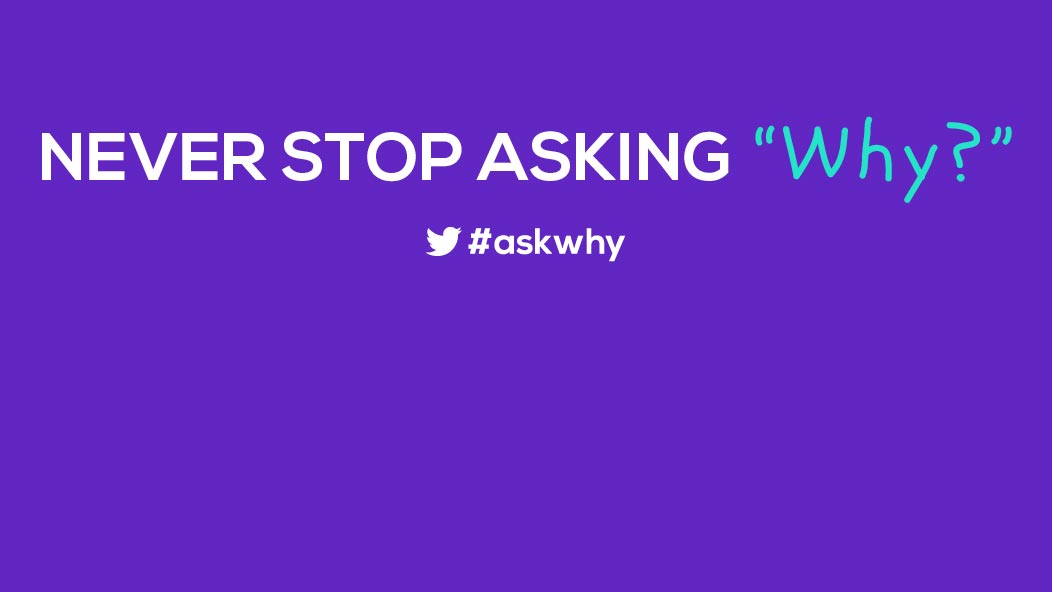Why Can’t I Remember When I Was a Baby?
Why Can’t I Remember When I Was a Baby?

Do you find it difficult to recall anything from when you were a baby? If you find it strange that you don’t have memories from the first few years of your life, it’s actually not odd at all! As we’ll learn from our friends at LiveScience, this is more common than you may think.
'Childhood amnesia' is the norm
While this may sound pretty serious, it isn’t. Studies have shown that remembering events only after 3½ or 4 years of age is typical for many adults. This phenomenon was termed “childhood amnesia” by Sigmund Freud.
Our lack of memories from early childhood isn’t because we don't retain information as young children, but because, at that age, our brains don't yet function in a way that bundles information into what we know as memories.
Semantic memory vs. episodic memory
Young children remember facts in the moment, such as who their parents are. This is called semantic memory.
Episodic memory, on the other hand, is memory about the details of a specific event. Children lack this type of memory until sometime between the ages of two and four.
Episodic memories are stored in several parts of the brain’s cortex (i.e. surface). For example, memory of sound is processed in the auditory cortexes, and visual memory is managed by the visual cortex. A region of the brain called the hippocampus ties all these scattered pieces together into cohesive memories.
It is thought that young children don’t permanently record specific episodes until between two and four years of age because that may be when the hippocampus starts to tie together the fragmented pieces of information from other areas of the brain. Before then, our young brains are busy acquiring semantic knowledge and learning about how the world works!









